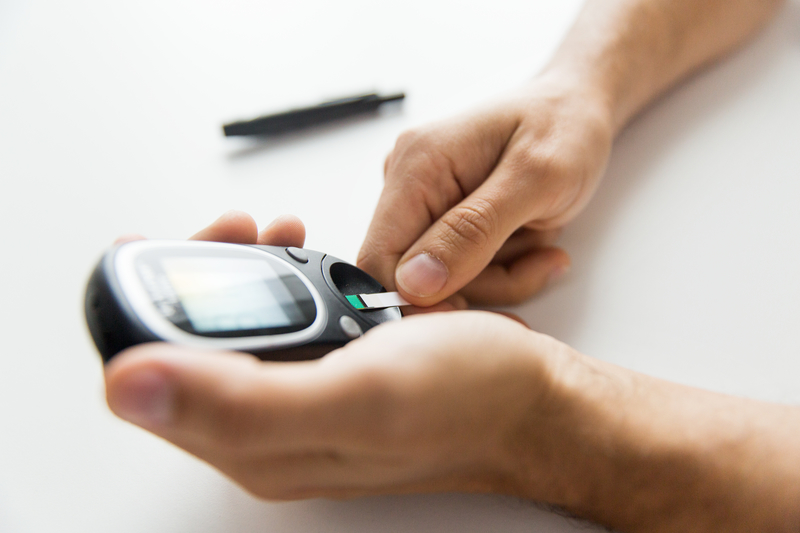Newly Diagnosed with Diabetes? What to Know About Protecting Your Vision

If you've recently been diagnosed with diabetes, you may have many questions about how it will affect your health. One area of concern is its impact on the retina, which is essential for vision. As overwhelming as this diagnosis can be, vision loss isn't an inevitable outcome of diabetes. By taking proactive steps early on, you can significantly protect and preserve your eyesight.
How Diabetes Affects the Retina
Over time, excess sugar in the blood can damage the small blood vessels that nourish the retina, a condition called diabetic retinopathy. In its early stages, diabetic retinopathy usually causes no symptoms. As the condition progresses, the eye attempts to form new blood vessels, which can become leaky and bleed easily, potentially causing vision loss. The earlier diabetic retinopathy is detected and treated, the better your vision outcomes will be.
Developing Healthy Retinal Habits
One of the most effective ways to prevent severe vision complications is to manage your diabetes. This involves regularly monitoring your blood sugar, controlling your blood pressure and cholesterol levels, and incorporating healthy eating and physical activity into your daily routine. Because early intervention is key for diabetic retinopathy, it's important to schedule regular eye exams, even if your vision appears fine.
What to Expect During a Diabetic Eye Exam
During a diabetic eye exam, your retina specialist will dilate your pupils to get a clear view of the retina and optic nerve. They may use imaging tests, such as optical coherence tomography (OCT) or retinal photography, to detect swelling, leaking blood vessels, or early structural changes. Even if you’re not experiencing symptoms, these tests can reveal issues long before vision is affected, allowing for earlier and more effective treatment.
Creating a Retinal Health Plan
Prioritizing your retinal health after being diagnosed with diabetes can be daunting, but making a plan can help ease anxiety in the long run. A retina specialist, a vital member of your diabetes care team, will conduct a comprehensive eye exam to check for any signs of diabetic retinopathy. Together, you'll develop a customized treatment plan tailored to your specific needs. Support is available at every step of your journey, from diagnosis to ongoing treatment.
Learn More About Diabetes and Vision
Taking proactive measures to protect your retinal health after a diabetes diagnosis can help prevent future complications. The first step is consulting with a retina specialist who can consistently monitor your condition and provide the best treatment options. The Retina Eye Center is the preferred choice in the Central Savannah River Area, serving patients in Aiken, South Carolina, and Augusta, Georgia. Contact us today for more information or to schedule an appointment.
